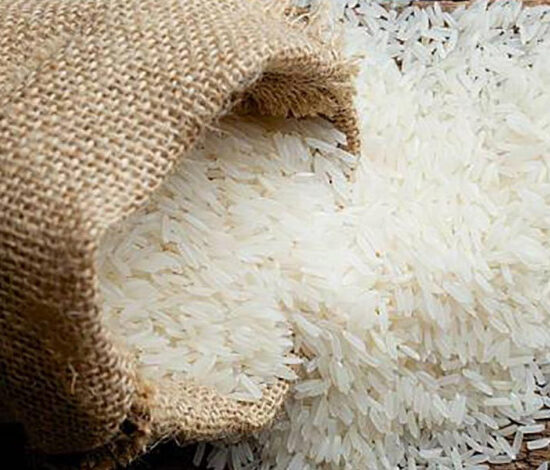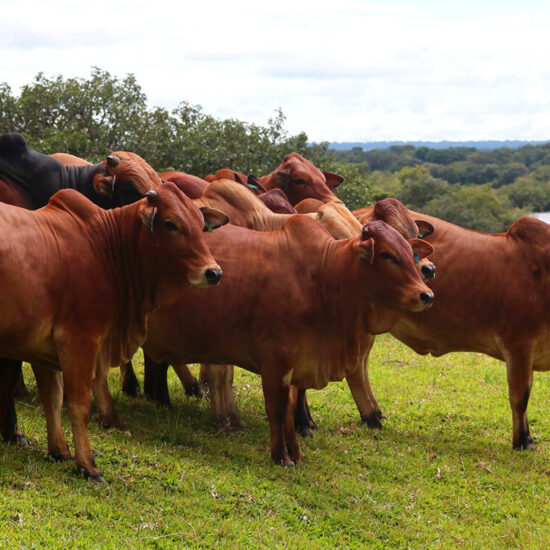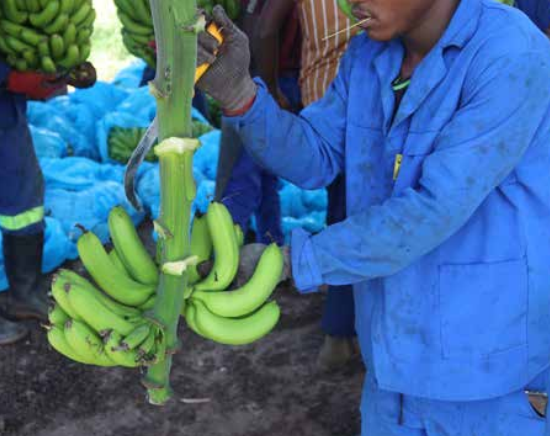
The Zambia Meteorological Department (ZMD) says the ongoing heat waves are expected to have a significant impact on agricultural crops, noting that with temperatures soaring above average levels, the crops are likely to suffer from dehydration and reduced yield.
The situation has since raised concerns among farmers and agricultural experts, who fear that the heat waves could lead to food shortages and economic losses. According to ZMD, the heat waves are expected to increase and persist for some days.
The impact of the heat waves on the agricultural sector is likely to have a ripple effect on the economy, given that agriculture is a key driver of Zambia’s economy.
The country heavily relies on agriculture for food security, employment, and export earnings and a decline in crop yields could lead to higher food prices, reduced incomes for farmers, and lower foreign exchange earnings for the country.
According to the Zambia Meteorological Department (ZMD), during the period 5th to 11th December, an increase in temperature is anticipated with Valley areas likely to exceed 40 degrees Celsius.
Speaking in an exclusive interview with the Zambian Business Times – ZBT, ZMD Senior meteorologist Peggy Thole noted that there is currently a delay in farmers planting their crops due to the heat which is making the soil hard even for those that have already planted their crops as the soil is losing moisture causing plants to dehydrate.
“There is that delay in planting and because of too much heat, you find that the soil is becoming harder and more of the moisture is being lost so with this heat, we need some good rain for the moisture to remain in the soil but if we have a bit of rain and the heat continues, it means that that moisture will just evaporate off and it may not be very useful to the crops.”
“The current heat wave is not just being experienced in Lusaka it’s almost the whole country. Where it is getting better is in areas where they are experiencing rains otherwise it’s very hot in the valley areas like Mfuwe, Chirundu and Siavonga. Valley areas are much hotter. People should avoid being dehydrated by taking water because once one gets dehydrated, other diseases come in,” said Thole.
The ongoing heat waves pose a significant threat to Zambia’s agricultural sector, and urgent measures need to be taken to mitigate the impact.
The government and other stakeholders have been challenged to invest in climate-smart agriculture research and development to help farmers adapt to changing weather patterns.







